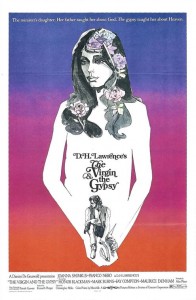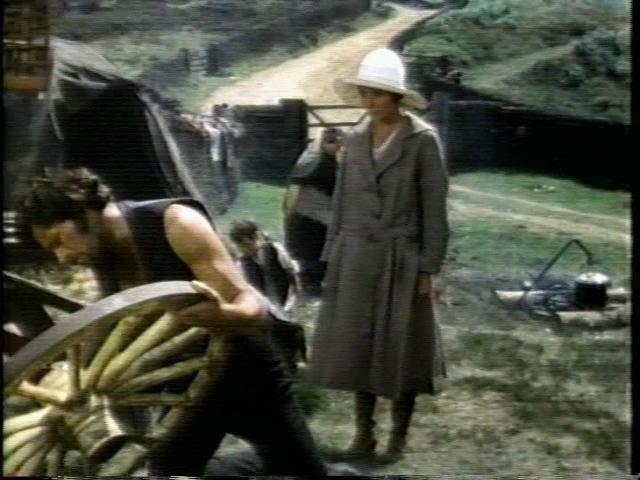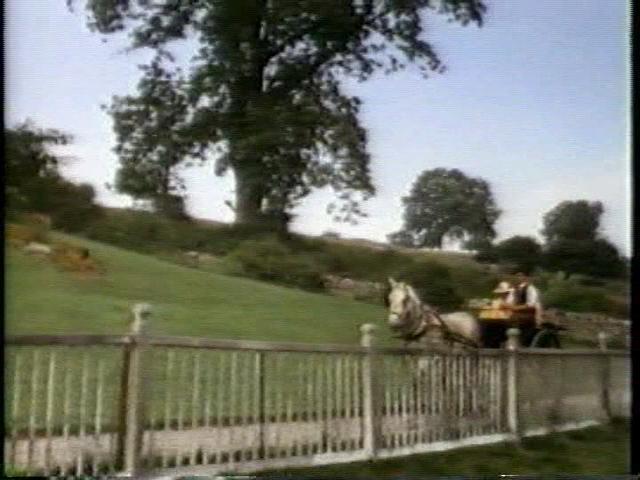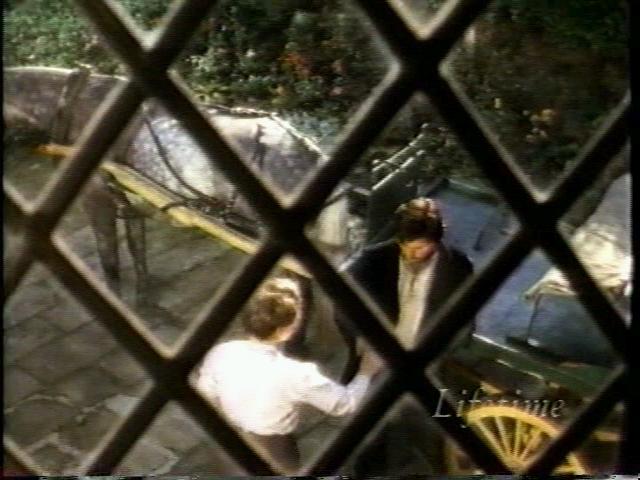“I should like to fall violently in love.”
|

Synopsis:
Yvette (Joanna Shimkus), a repressed clergyman’s daughter in 1920s England, lusts after a swarthy gypsy (Franco Nero) and befriends an unmarried couple (Honor Blackman and Mark Burns) who have been shunned for “living in sin”.
|
|
Genres, Themes, Actors, and Directors:
- Coming of Age
- Cross-Class Romance
- Gypsies
- Historical Drama
- Morality Police
Review:
Christopher Miles’ adaptation of D.H. Lawrence’s posthumous novella is an unassuming, lushly photographed tale of sexual awakening and coming-of-age. Joanna Shimkus is perfect in the title role, playing a young woman who longs to break free from the moral restrictions of her uptight family. Even more impressive, however, is the way in which Miles deftly evokes the details of life for various classes in 1920s England: we see the minutiae of both the gypsy camp (an unidentifiable stew boils over an open fire on the hillside) and Yvette’s upper-middle-class family (a servant carefully doles meat and potatoes onto each member’s shiny plate). While the movie is perhaps overly metaphorical during its final climactic moments, this somehow seems to fit with the overall tone of the fable-like tale.
Redeeming Qualities and Moments:
- Beautiful Joanna Shimkus (Sidney Poitier’s wife) as “the virgin”

- Meticulously rendered period detail of both upper-middle-class and Gypsy life in 1920s England

- Lush cinematography of northern English landscapes

- Effective use of imagery to evoke Yvette’s sense of inhibited freedom

Must See?
No, but it’s recommended.
Links:
|
One thought on “Virgin and the Gypsy, The (1970)”
Not a must. A minor film of a minor work by a major writer, with some of his familiar themes. ‘V&G’ does a good job depicting cold hearts/closed minds and moral hypocrisy – but so have a lot of other films; what’s here adds little significantly different. Such thoroughness is accomplished with poor Shimkus’ repressed homelife that one can’t help wishing Blackman and Burns were the main characters. (It is interesting to note that Blackman gets upset when she hears of Shimkus’ attraction to Nero – an additional level of hypocrisy that Burns sets right.)
There was a surge of interest in Lawrence’s work at the time this film was made. ‘Women in Love’ and ‘The Fox’ had just been filmed, both just as sensual but rather less languorous (given where ‘V&G’ takes place, getting around town is time-consuming; unfortunately, we see a good deal of that).